www.felipegsantos.com
We study the strategic choices of the United for Hungary coalition in the 2022 elections.
🧵with link and takeaways👇
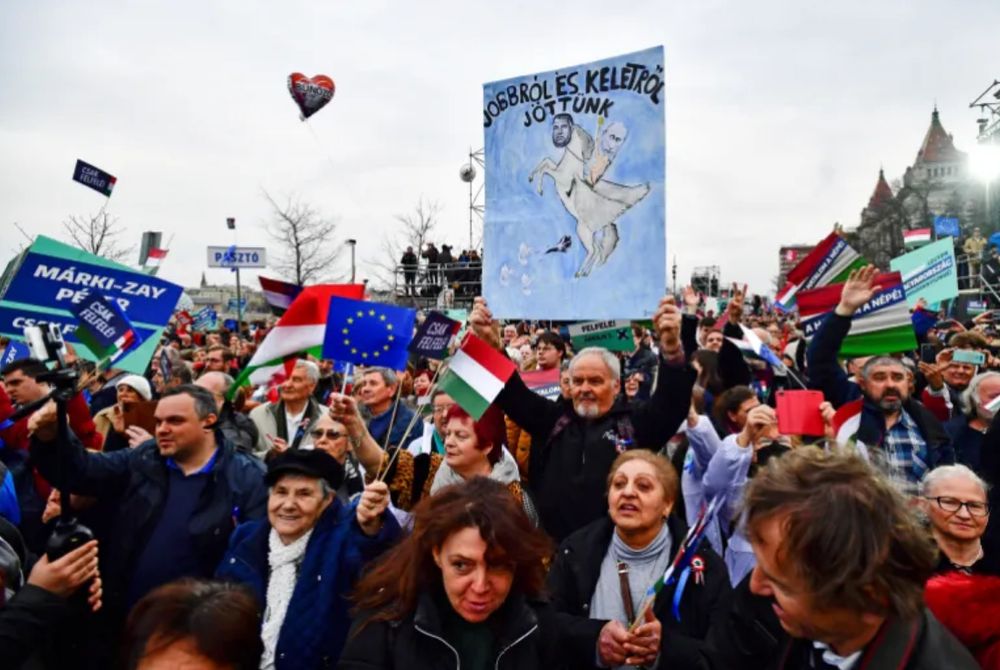
We study the strategic choices of the United for Hungary coalition in the 2022 elections.
🧵with link and takeaways👇
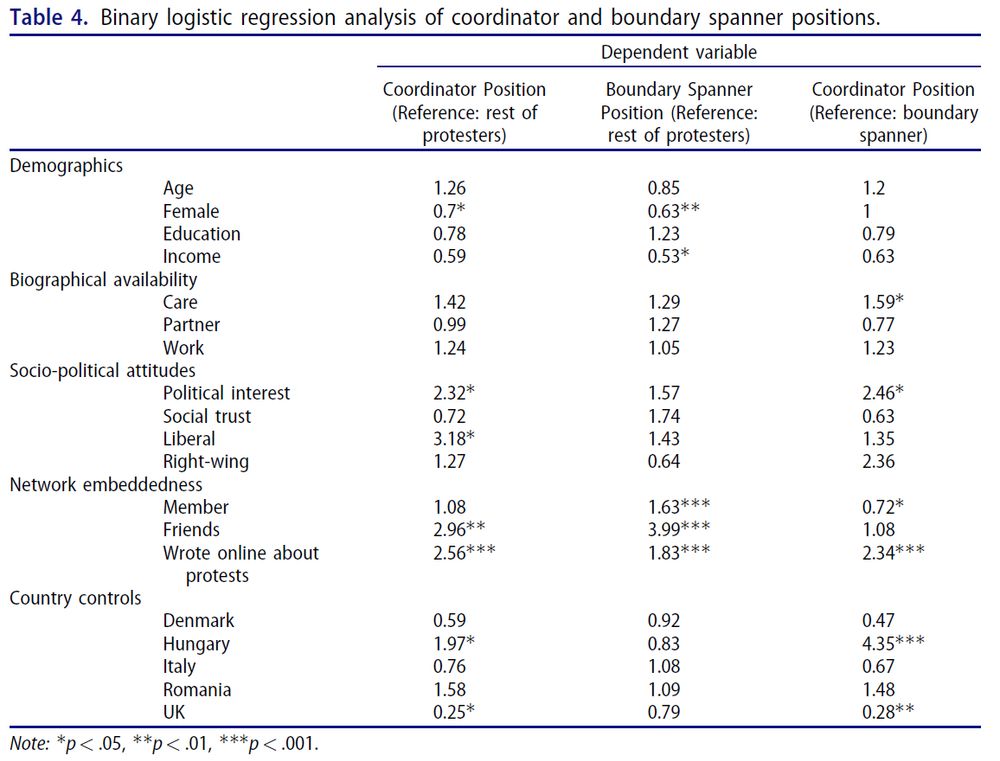


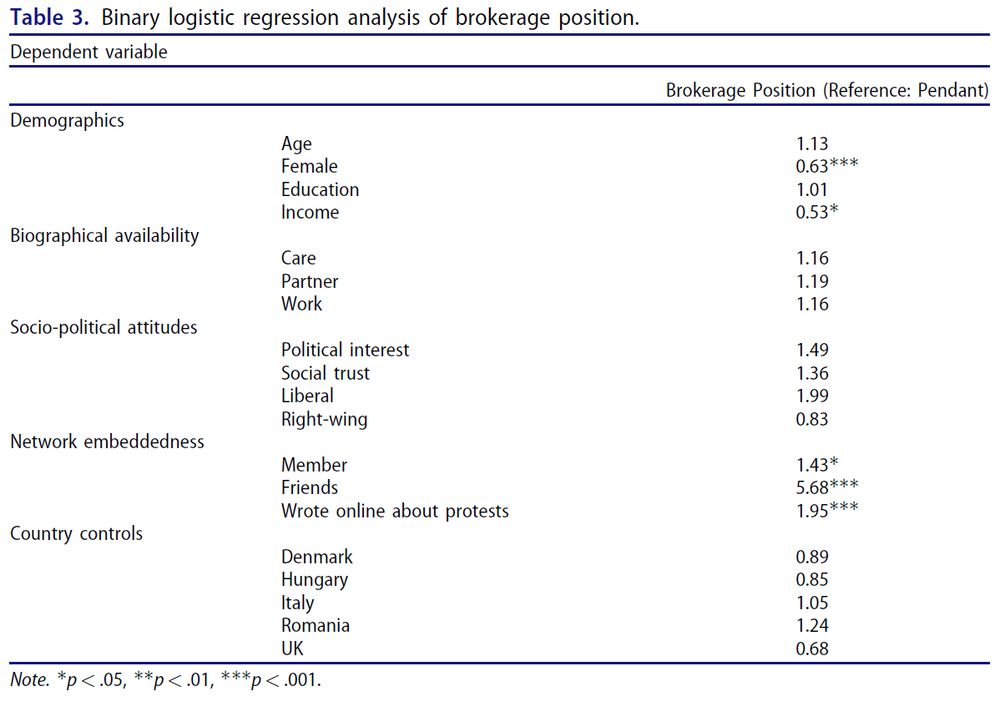


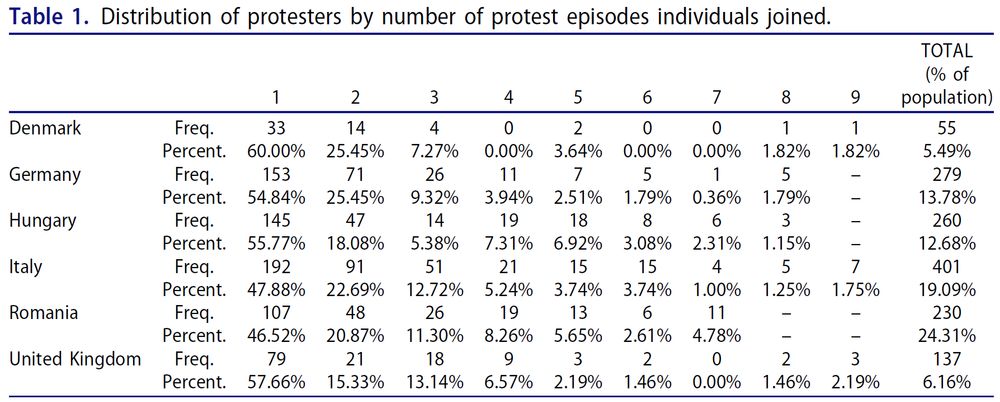
- Coordinators: Connect within same-issue contentious episodes.
- Boundary Spanners: Connect across different-issue episodes.
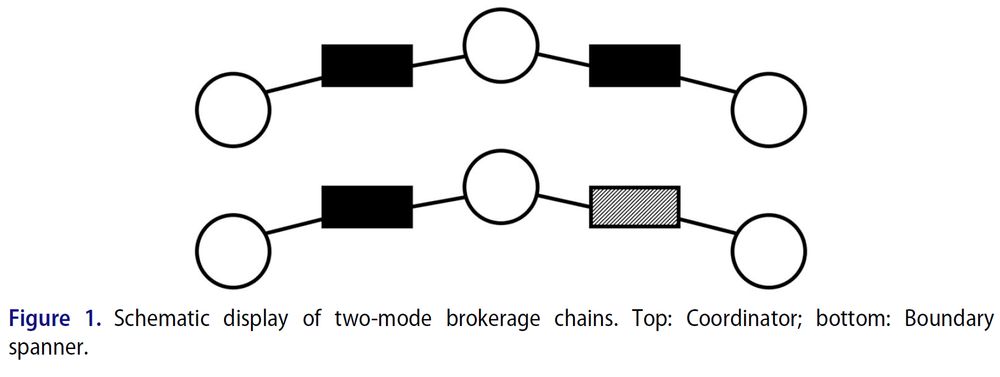
- Coordinators: Connect within same-issue contentious episodes.
- Boundary Spanners: Connect across different-issue episodes.
In our latest paper in the International Journal of Sociology, Matthias Hoffmann, @danmercea.bsky.social and I study brokerage in protest networks. We explore how individuals connect protest episodes and the characteristics of those occupying brokerage positions. A 🧵
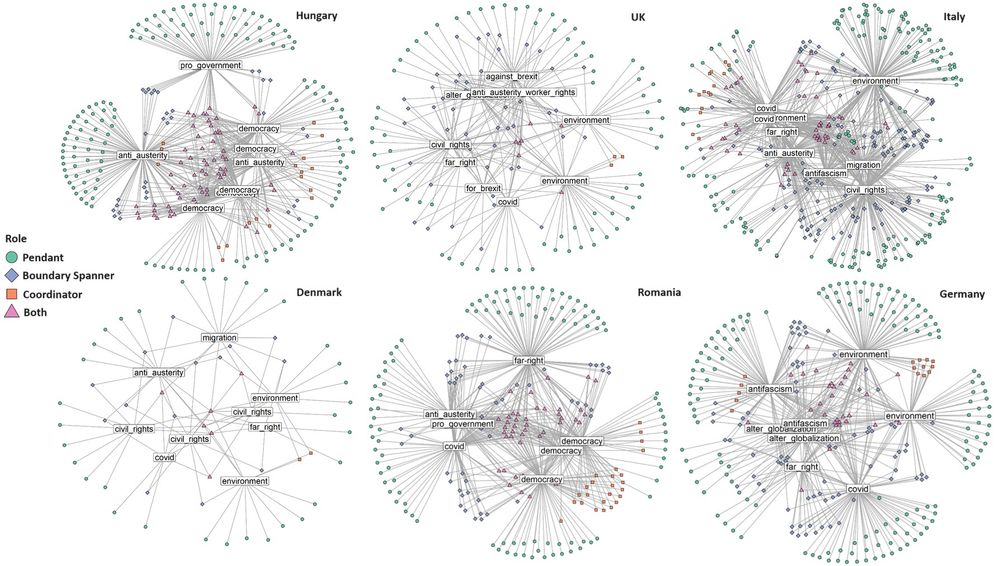
In our latest paper in the International Journal of Sociology, Matthias Hoffmann, @danmercea.bsky.social and I study brokerage in protest networks. We explore how individuals connect protest episodes and the characteristics of those occupying brokerage positions. A 🧵
Interested?
🔁Repost so it reaches more people
📖Order a copy of the book at your library
🗣️Invite me to give a talk at your institution
Link👇
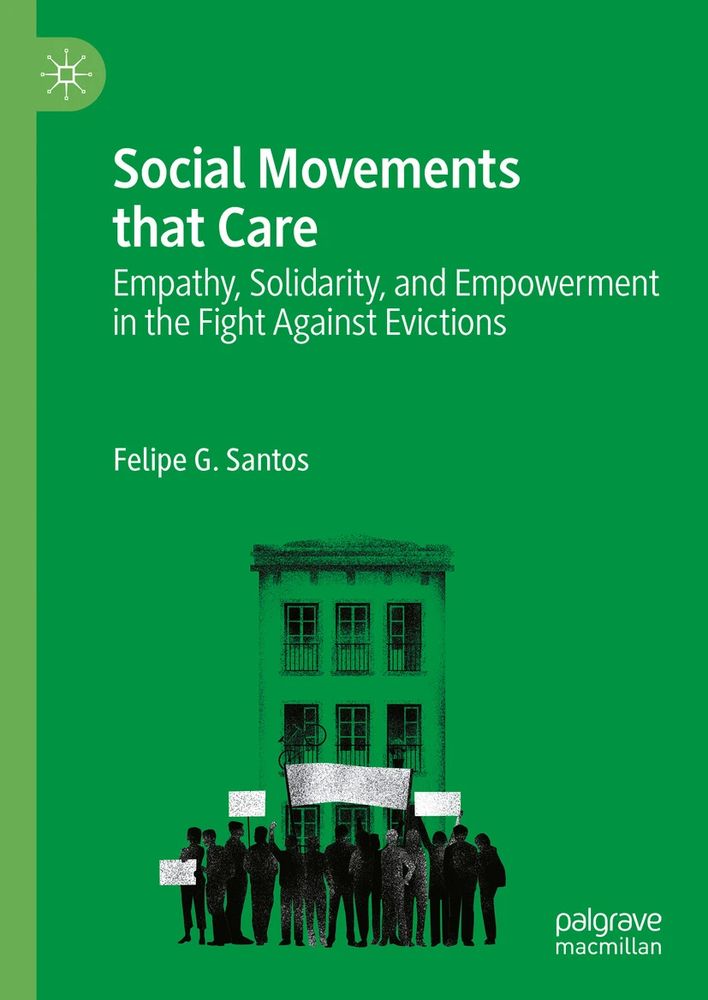
Interested?
🔁Repost so it reaches more people
📖Order a copy of the book at your library
🗣️Invite me to give a talk at your institution
Link👇

A short 🧵

A short 🧵





As a first post, here is a thread with my latest publication with @danmercea.bsky.social, exploring what drives support for movement parties.
We find that their voters don't favor institutional outsiders or candidates with protest experience. They prioritize decisive policy change.

As a first post, here is a thread with my latest publication with @danmercea.bsky.social, exploring what drives support for movement parties.
We find that their voters don't favor institutional outsiders or candidates with protest experience. They prioritize decisive policy change.

